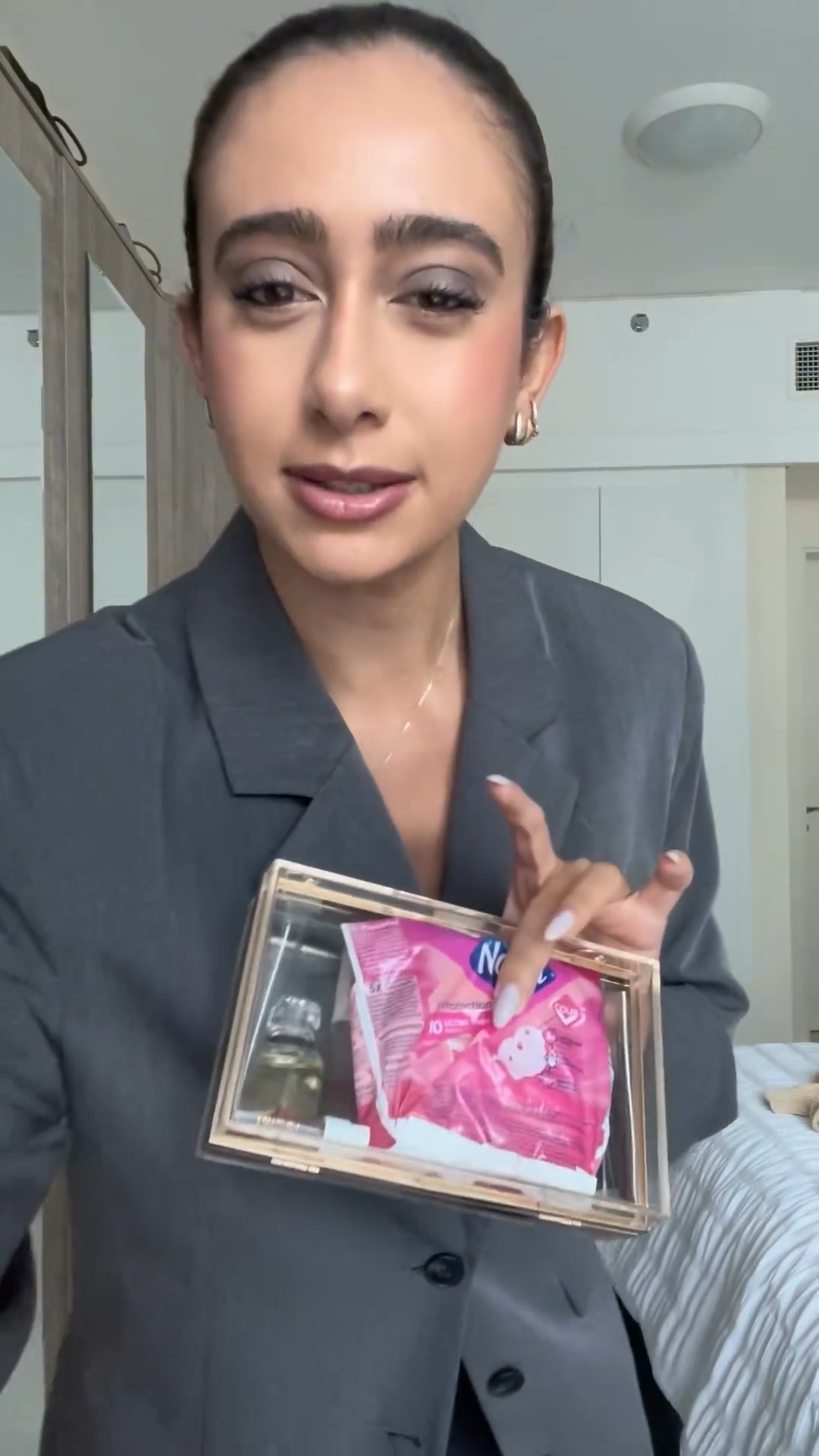via Facebook
Lately, the quest for attention-grabbing campaigns has led to the rise of controversial marketing tactics. From billboards to influencer content, brands leverage shock value to create buzz. While this rise of controversial marketing has sparked conversations and grabbed attention, it has also stirred up controversy and raised questions about ethics and responsibility.
A whirlwind of opinions has risen after the recent releases of multiple campaigns, sparking debates about the boundaries of social norms and the effectiveness of such strategies, so let's break down the impact and implications of these bold moves.
Shockvertising

At the forefront of controversial marketing is the tactic known as shockvertising. This approach involves intentionally violating social and personal values and morals to elicit a strong reaction from the audience. It's a risky strategy that aims to stand out in a crowded advertising landscape by pushing boundaries and challenging conventions.
Narihan's GRWM Video

One recent example of controversial marketing unfolded through influencer Narihan's Get Ready with Me video. As she prepared for a fashion show in Dubai, Narihan sparked heated debate by discussing her period and packing "Nana Pads" in a transparent waist bag. While some praised her for normalising conversations about women's bodies, others criticised the move as overly provocative and detrimental to the feminist movement.

The video went viral, with conflicting opinions flooding social media feeds. Some argued that Narihan's transparency was refreshing and necessary, while others deemed it inappropriate for a fashion event, highlighting societal taboos surrounding menstruation. Narihan later clarified that the video was a paid advertisement intended to spark dialogue about menstruation, defending her choice to use a transparent bag as a symbolic gesture of openness.
Hamdy El Wazeer's Cake Campaign

Another instance of controversial marketing unfolded through billboards featuring actor Hamdy El Wazeer. Known for his villainous roles, Hamdy's trademark facial expression was used in an advertisement for a patisserie titled "Leek Fel Cake". However, the wordplay sparked outrage, as it resonated with a hypersexual slur, leading to accusations of promoting sexual harassment.
Hamdy expressed astonishment at the backlash, clarifying that the ad was meant to promote the patisserie brand Etoile. Nevertheless, the controversy raised questions about advertisers' responsibility in considering their campaigns' potential impact on societal perceptions and sensitivities.
How Far is Too Far?
While thought-provoking marketing strategies have succeeded in grabbing attention and generating buzz, they've also ignited debates about where to draw the line. The question remains: how far is too far? While pushing boundaries can lead to impactful messaging, it also risks alienating audiences and causing harm.
In a society where specific topics remain taboo, navigating controversial marketing requires careful consideration of cultural sensitivities and ethical implications. As brands continue to push the envelope, it's essential to balance attention-grabbing tactics and responsible messaging that respects societal norms and values.





